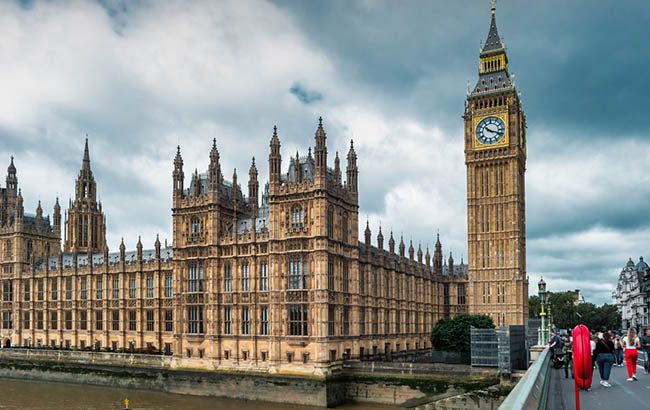UK govt plans hospitality business rate reform
By Lauren BowesOn-trade firms in the UK may benefit from a lower business rate from April 2026, following a report published by the government.

Yesterday (11 September), the government published a policy paper elaborating on its announcement in the autumn budget 2024. It had then teased a lower multiplier for retail, hospitality and leisure properties with rateable values below £500,000 (US$677,053).
The business rate reform is intended to provide ‘long-term certainty and support to the high street’, as opposed to the previous system, which ‘created a yearly cliff edge’.
To fund the discount, a higher multiplier will be introduced for businesses with a rateable value of above £500,000. The report claims this represents less than 1% of all properties, but ‘captures the majority of large distribution warehouses, including those used by online giants’.
The previous system divided businesses into two categories: above or below a rateable value of £51,000 (US$69,055). The new system has five categories, with retail, hospitality and leisure businesses divided between those with rateable values below £51,000, those above £51,000 but below £500,000, and those above £500,000.
The rates for the new multipliers will be announced at the 2025 budget. This will take place on 26 November.
Business rates are also subject to a routine three-yearly revaluation next year, which will coincide with the new system.
UKHospitality described the proposals as ‘positive’ but called on the government to apply the maximum possible discount to the multiplier for all hospitality properties under the £500,000 rateable value.
Thanks to new legislation introduced this year, the government has the power to discount the multiplier up to 20p in the pound.
Kate Nicholls, UKHospitality’s chair, said: “For too long, the broken business rates system has unfairly punished hospitality businesses and I’m pleased that the government is taking action to reform it, following many years of campaigning from UKHospitality.
“These measures to remove punitive cliff edges and barriers to investment are positive and will help to rebalance the system, as will the government’s commitment to lower business rates bills for hospitality businesses.
“Applying the maximum possible discount to the multiplier for all hospitality properties under £500,000 rateable value at the budget in November is critical. That is the most significant and meaningful benefit that can come from these reforms, particularly with anticipated increases in rateable values coming into effect next April.
“The maximum discount should be introduced alongside a zero rate for hospitality properties over £500,000 rateable value, to ensure the reform is in keeping with the government’s intention to level the playing field for the entire high street.
“We are pleased that the government has recognised the harm that large increases in rateable values will cause to hospitality and has committed to transitional relief. This needs to be meaningful and consider the effect of existing cliff edges.
“With hospitality businesses finding themselves taxed out as a result of cost increase after cost increase, lowering business rates, fixing NICs [National Insurance Contributions] and cutting VAT is the action we need to see the government take at the budget.”
Other trade bodies are petitioning for an alcohol duty freeze at the next budget.
The Night Time Industries Association (NTIA), however, has focused on business rates reform. It has also asked for a reduction in VAT for the sector and a reversal of employer NIC increases.
Responding to the government’s paper, Michael Kill, the NTIA’s CEO, said: “The Chancellor’s recognition of the barriers caused by business rates ‘cliff edges’ is an important step forward. For too long, independent operators, particularly in nightlife, hospitality, and culture, have been penalised for their ambition to grow, losing vital relief as soon as they expand.
“Reforming this outdated system will unlock investment, safeguard jobs, and give small businesses the confidence to scale. A fairer, more progressive approach to rates is essential if we are to revive high streets, strengthen communities, and build an economy that truly rewards growth and innovation.”
Related news
Desi Daru swaps Nightcap for Speciality Brands in UK
